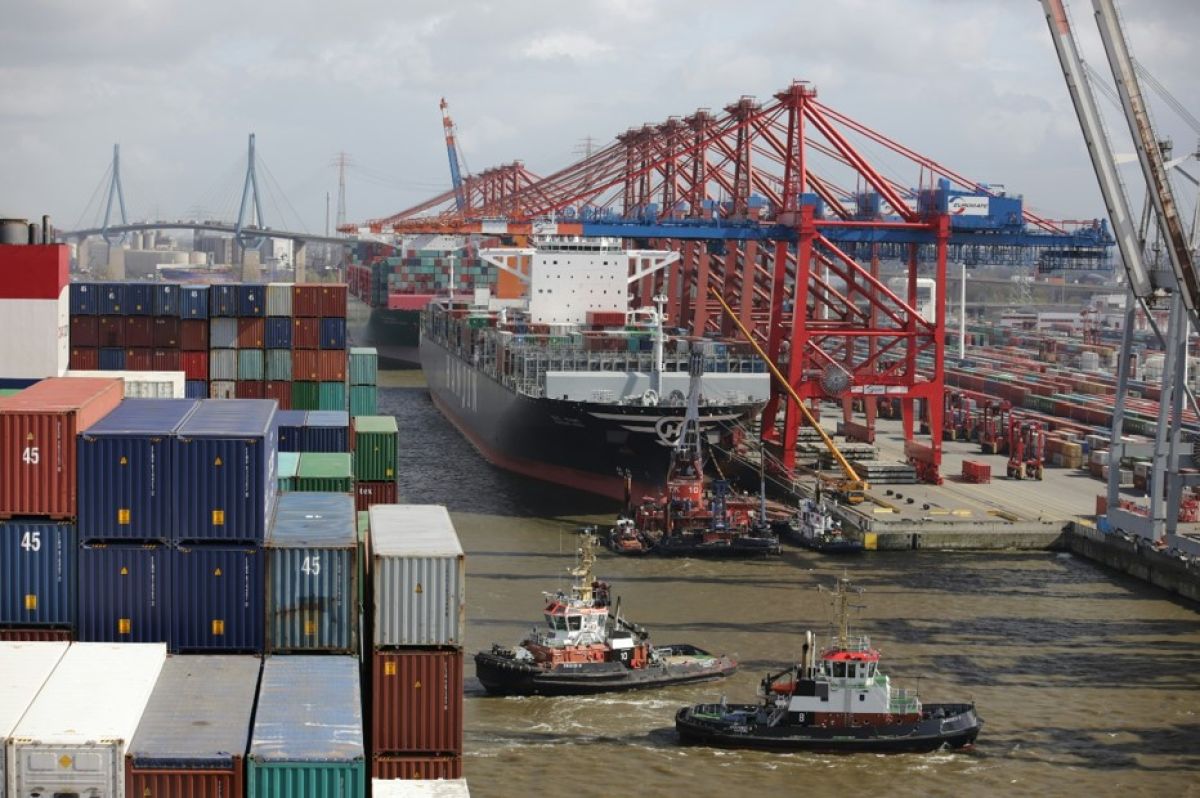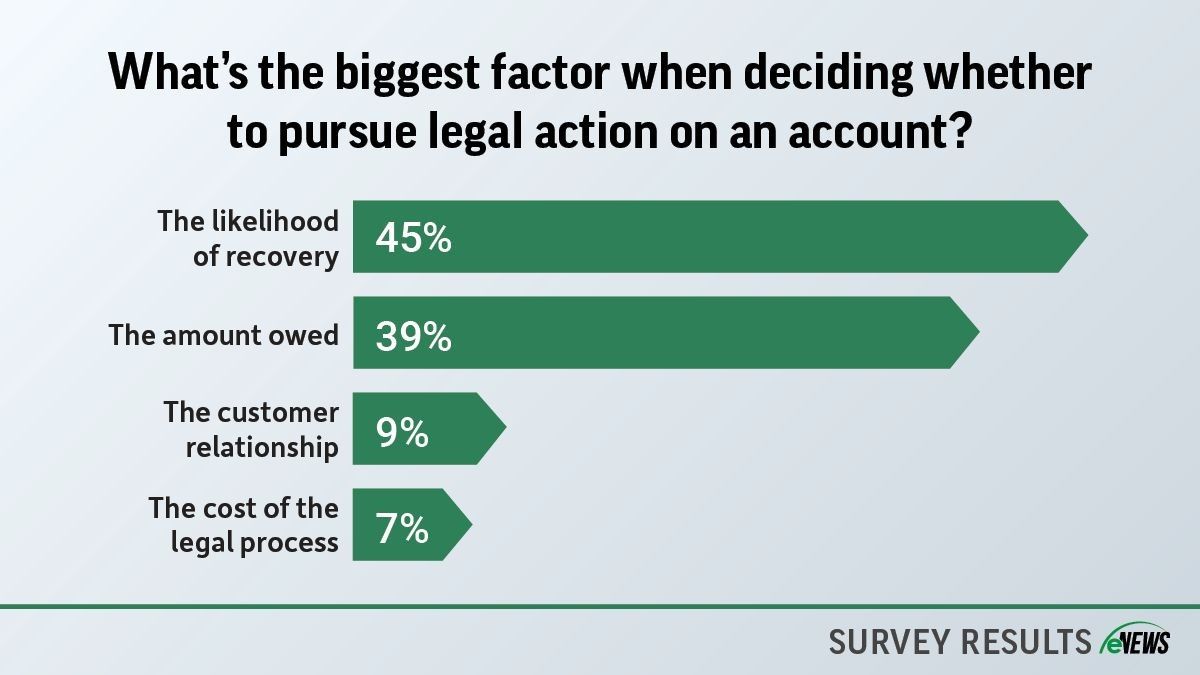Economy, eNews
Port workers strike threatens supply chain

On Tuesday, about 45,000 port workers went on strike after their contract expired, following unsuccessful last-minute negotiations between the International Longshoremen’s Association and the U.S. Maritime Alliance, which represents port operators and container carriers. The daily economic cost could be anywhere from $540 million to upwards of $4 billion.
Why it matters: Ocean supply chains are affected by conflict in the Red Sea, a lengthy drought affecting the Panama Canal and the Baltimore bridge collapse. Although West Coast ports will remain open, closing ports that handle about 60% of U.S. shipping would severely disrupt global supply chains and harm various economic sectors.
What’s the story?
Over the past six years, the International Longshoremen’s Association (ILA) has demanded a 77% pay increase for East and Gulf Coast dockworkers. It may sound extreme, but wages for veteran port workers have increased only 11% since the start of the last six-year contract, while inflation has jumped 24% in the same period.
ILA port workers also want protection against automating port operations that may potentially replace jobs. For example, automation could eliminate the need for human crane operators and container truck drivers. In addition, the union wants to get rid of cameras placed in workstations, saying that they create a hostile work environment under the guise of safety, according to TheVerge.
Impact on supply chain
Experts predict minimal economic damage if a strike is resolved within a week. However, prolonged strikes could cost the U.S. economy $5 billion per day, leading to shortages of items like bananas and cars and create holiday shopping ‘sticker shock.’ As a precaution, many retailers have been bringing items into the country earlier this year.
A minor disruption of just a couple of days could have “significant implications for certain industries,” including pharmaceuticals, auto and manufacturing, Lisa DeNight, managing director of national industrial research at Newmark, told CNBC’s ‘The Exchange’ on Monday.
“It quickly renders our U.S. agriculture exports much less competitive in the global marketplace,” Peter Friedmann, executive director of the Agriculture Transportation Coalition told CNBC. “Our foreign customers can satisfy their food, farm and fiber needs from other countries, which is where they will go, as costs of moving containers through U.S. ports continue to increase.”
Yes, but: If the union wins its fight for a significant wage hike, it could reignite wage inflation, potentially undermining the Fed’s efforts to control inflation. However, the Fed is more concerned about a potential labor slowdown than an economic boom.
The wage increase will confirm that wage growth is not going back to its pre-Covid trend, of about 2.5%, according to Peter Boockvar, chief investment officer for Bleakley Financial Group. “Instead, he estimates it will settle around 4%, which will put a floor under inflation,” reads a CNBC article.
What’s next: President Biden has decided not to intervene in the ILA union strike at East and Gulf Coast ports, balancing union support with economic concerns ahead of a tight election.
Biden and top administration officials including Transportation Secretary Pete Buttigieg and Acting Secretary of Labor Julie Su have focused more attention on the ocean carriers and ‘price gouging’ since the strike began.
The bottom line: The ongoing strike by port workers, combined with existing supply chain disruptions, poses a significant threat to the U.S. economy. Prolonged strikes could lead to severe shortages and economic losses, while a substantial wage hike for workers could fuel wage inflation, complicating efforts to control overall inflation. Balancing union support with economic concerns remains a challenge for the industry.





